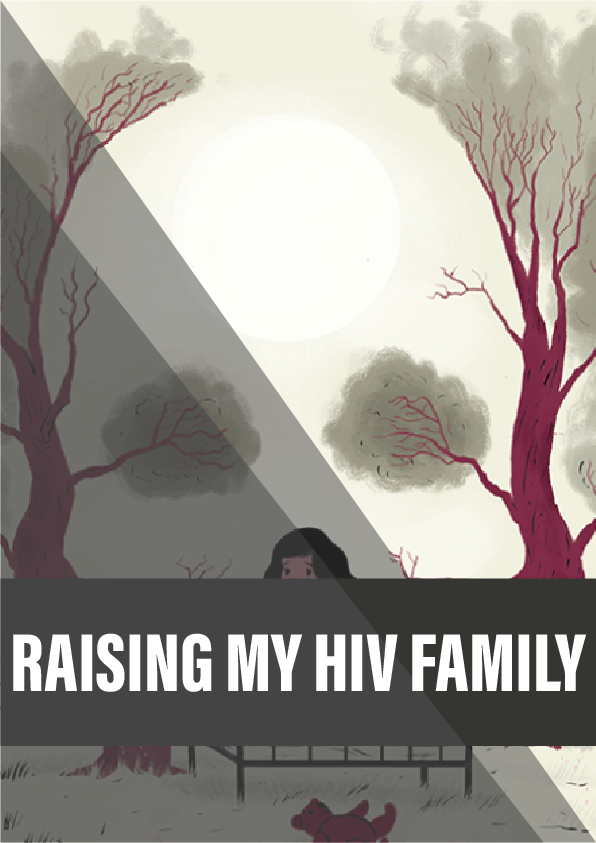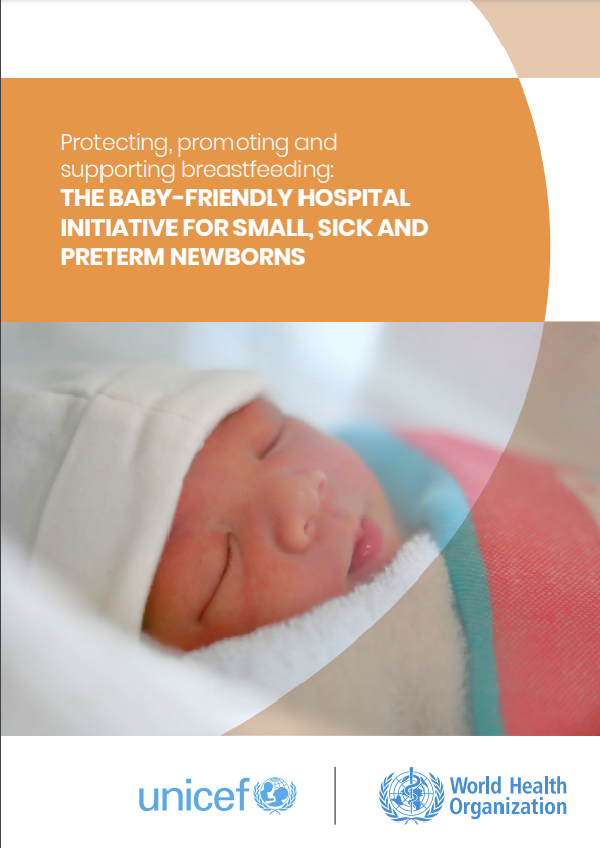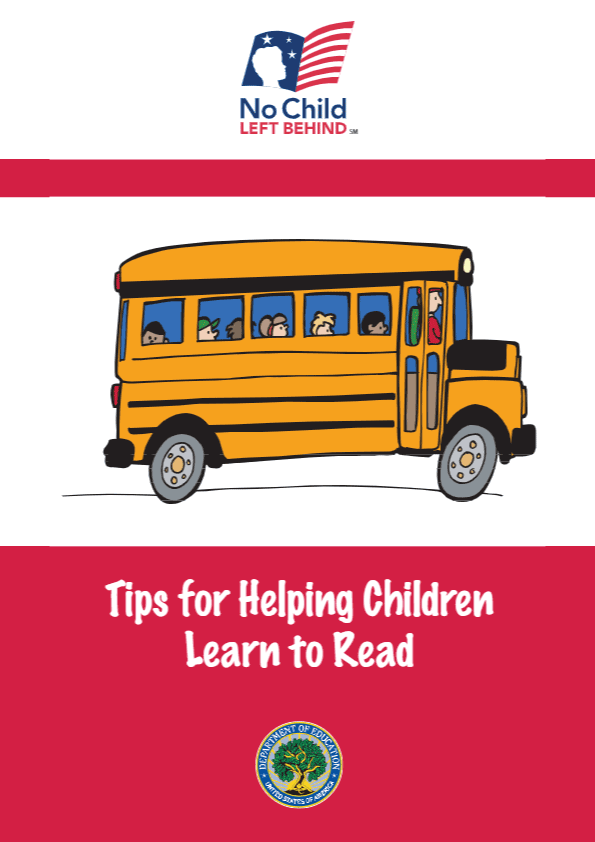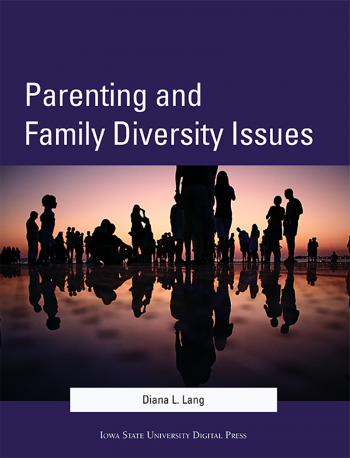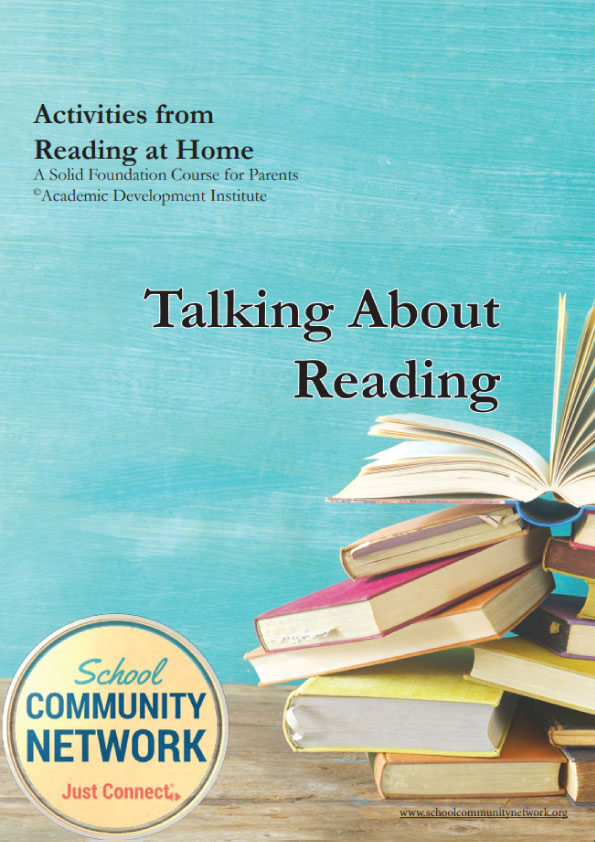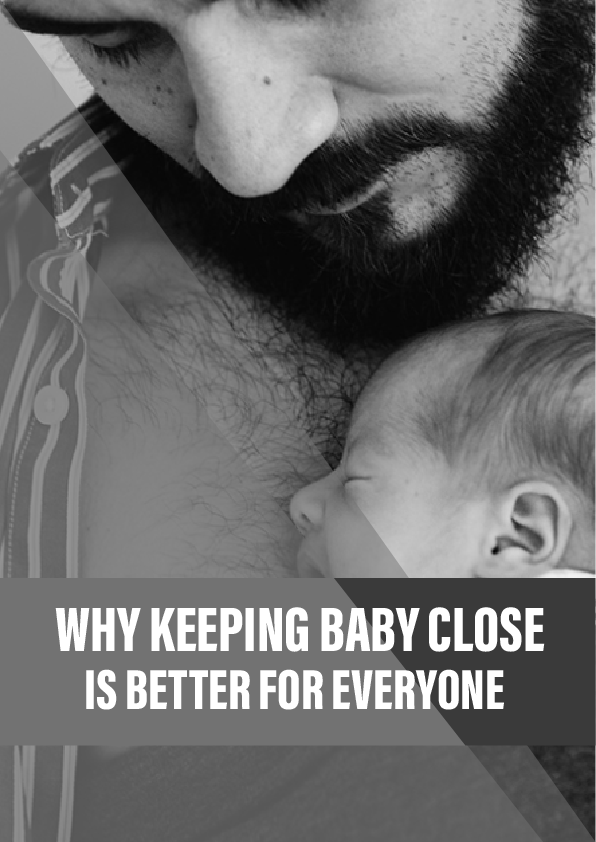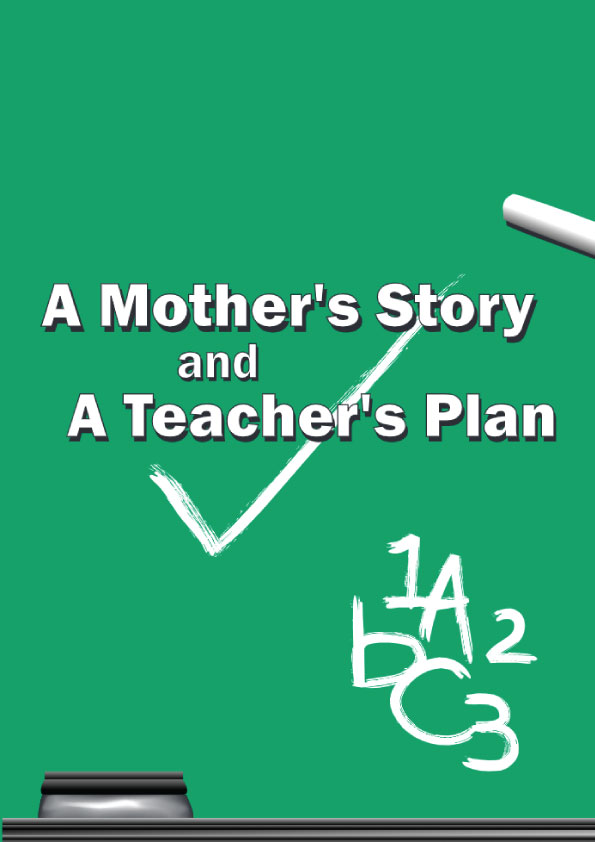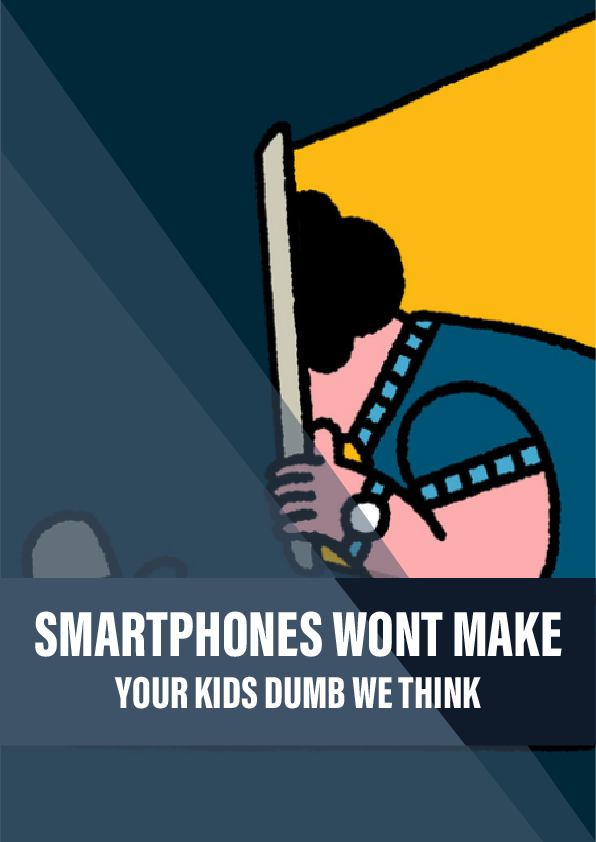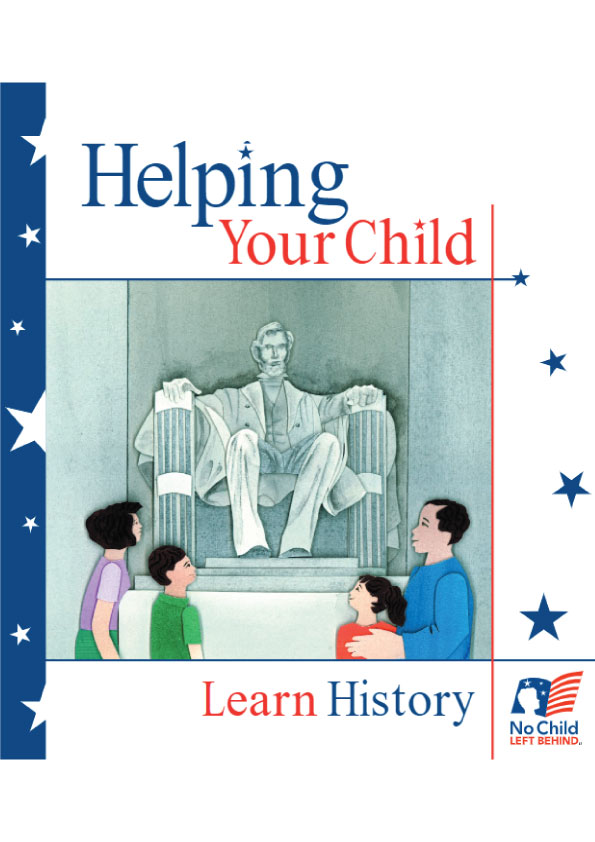When one Romanian doctor became ‘father’ to 16 HIV-positive orphans in 1999, many thought there was no hope for them – or for the thousands of other children infected. What followed was something of a miracle. Geta Roman tells their story.
r Paul Marinescu has chosen to meet me on a cold winter’s day in a room stocked with plants, fish tanks and two parrots singing in their cages. It’s a room as lively as its incumbent’s life. This grey-haired man with a gentle voice acts as father to 18 – two his own children and 16 HIV-positive orphans that he took in at a time when nobody wanted them.
The official statistics show that during Romania’s communist rule more than 10,000 children were infected with HIV. What happened is described as an epidemiological accident. What followed is something of a miracle – around 65 per cent of the children are still alive today. “Everybody saw them as having no hope; doctors, parents, everyone actually expected them to die,” says Monica Dan, a psychologist at the Romanian Anti-Aids Association who has worked in the field for 20 years. “I’m still astonished by how strong they are and by what many of them have accomplished.”
Marinescu’s act of patronage saved the lives of a small group of children. Their story is also that of all Romanians with HIV, of managing to live with a once-lethal disease in a poor country recovering after the collapse of communism.
